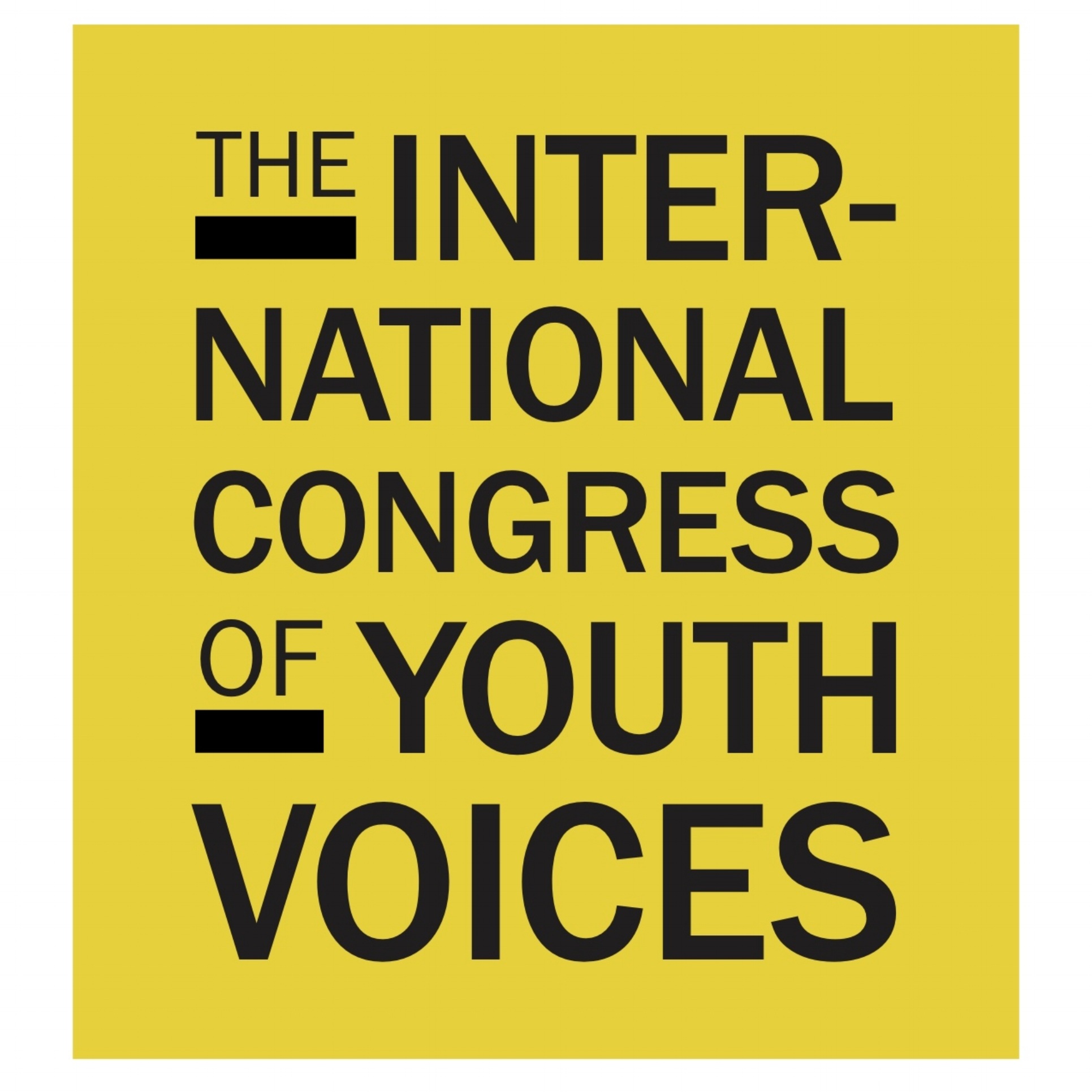Noor Alnoman, 17
Born in 2001, Noor Alnoman emigrated from Baghdad, Iraq, spending 2009-2011 in Syria and 2012-2013 in Turkey before arriving in the United States in 2014. She is now a junior in high school in Austin, Texas, and enjoys cooking and photography.
Her current writing focuses on the experience of others, ranging from soldiers in the Union Army to the vibrant immigrant history of the U.S. She believes it's most difficult to write about oneself because doing so reveals the differences between how others view us and how we view ourselves.
Alnoman will be graduating in 2019 and will attend Austin Community College to study dentistry.
WE ARE ALL IMMIGRANTS
by Noor Alnoman
Our country’s foundation was developed on immigrants fleeing religious persecution, yet earlier this year, President Trump put into effect a Travel Ban/Immigration Ban which prevents people who are fleeing persecution from coming into the United States. The ban specifically targets refugees and people from Muslim-majority countries. People gathered in the airports to protest and they were right in speaking out against the ban because these people are seeking refuge; they’ve been fully vetted, and it does not align with what our country stands for.
On the other hand, it is understandable that Trump wants to keep our country safe by not letting people in from countries where terrorism is occurring. During his campaign, he promised to prevent all Muslims from entering the country after making people fearful that all Muslims are terrorists. It seemed like “it [was] only sport in the beginning...then the whole world cried spirits, spirits” (The Crucible, Act 3, p. 100), so Trump kept his promise and the travel ban was one of the first laws he passed when he became president. Many of the people that were coming to the US were running away from terrorists. If they supported them, why would they not stay in their country or help them fight?
As a matter of fact, immigrants go through a strict screening process before they come, one “aimed at ensuring they will not pose a security risk to the United States” (USCRI, pg. 1). For example, in my own experience getting to the US, we had to go through many countries, apply for status, and prove our story. My mom went through four rounds of interviews where they asked the same questions each time, and your answer must always be the same. If you say anything different from the last interview, they just cancel your application.
The people at the airport were correct in protesting against the ban because it is not fair and many believed it was illegal. They were peacefully protesting and did not use any violence. Lawyers were trying to give help by accepting cases for free so they can fight the law and let refugees into America. Their reasoning was that “the travel ban discriminated against Muslims in violation of the U.S. Constitution’s prohibition on the government favoring or disfavoring a particular religion” (Hurley, 1).
Although it is fair to be concerned about the safety of the country, preventing people from coming in based on where they are from is not the right decision. The protesters were showing that they are not against Muslim people and that they are fine with living in the same country with them. Furthermore, it is against the constitution to discriminate based on religion.
Citations
Miller, Arthur. The Crucible. Viking Press. 1953. Act 3, pg. 100.
Hurley, Lawrence. “Supreme Court tosses one of two travel ban challenges” Reuters. 10 October 2017. Web.https://www.reuters.com/article/us-usa-court-immigration/supreme-court-tosses-one-of-two-travel-ban-challenges-idUSKBN1CF37E Accessed 12 Dec 2017.
“Security screening of refugees admitted to the U.S.” U.S. Committee for Refugees and Immigrants.http://refugees.org/explore-the-issues/our-work-with-refugees/security-screening/ Accessed 12 Dec 2017.

